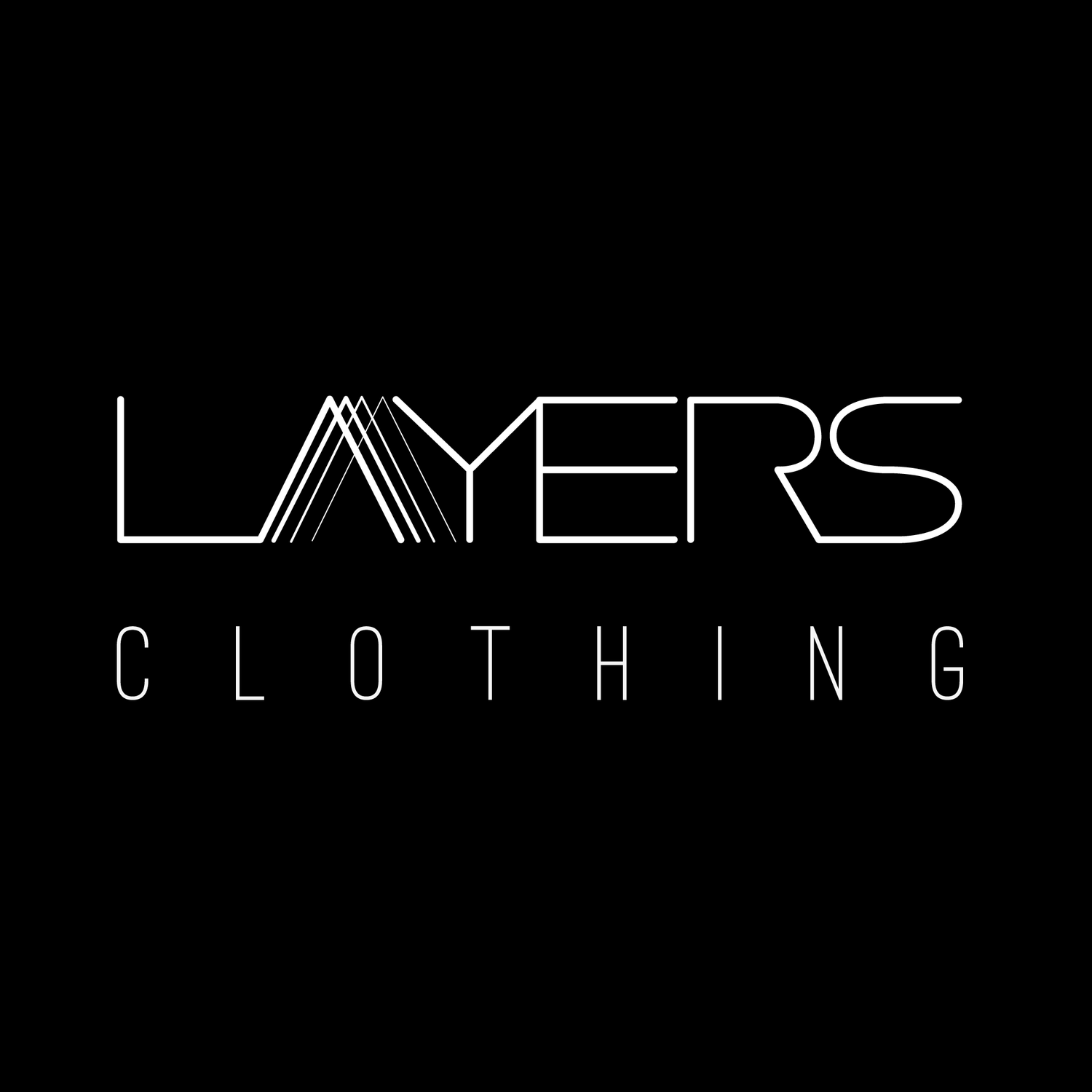New linen fabrics in stock!
A few rolls of beautiful linen fabrics have arrived from Lithuania. And now I’m happy to offer those materials to you as an option for our in-door project in the atelier. You can buy a piece for your own separate sewing project as well.
Building my own small fabrics store, I cannot imagine it without having Linen in stock. The same as I cannot imagine my wardrobe without linen garments for hot summertime. This is my personal favorite. Why? Let me introduce the magical properties of linen material to you, beside the fact this is the most eco-friendly fabric:
Linen fabric feels cool to touch, a phenomenon which indicates its higher conductivity (the same principle that makes metals feel "cold").
It is smooth, making the finished fabric lint-free, and gets softer the more it is washed.
Linen is relatively easy to take care of, since it resists dirt and stains, has no lint or pilling tendency, and can be dry-cleaned, machine-washed, or steamed.
It can withstand high temperatures, and has only moderate initial shrinkage.
Linen is very strong, absorbent, and dries faster than cotton. Because of these properties, linen is comfortable to wear in hot weather and is valued for use in garments.
Linen wrinkles very easily, and thus some more formal garments require ironing often, in order to maintain perfect smoothness. Nevertheless, the tendency to wrinkle is often considered part of linen's particular "charm", and many modern linen garments are designed to be air-dried on a good clothes hanger and worn without the necessity of ironing.
A characteristic often associated with linen yarn is the presence of slubs, or small, soft, irregular lumps, which occur randomly along its length. In the past, slubs were traditionally considered to be defects, and were associated with low-quality linen. However, in the case of many present-day linen fabrics, particularly in the decorative furnishing industry, slubs are considered as part of the aesthetic appeal of an expensive natural product. In addition, slubs do not compromise the integrity of the fabric, and therefore they are not viewed as a defect. However, the very finest linen has very consistent diameter threads, with no slubs at all.
Many products can be made with linen: aprons, bags, towels (swimming, bath, beach, body and wash towels), napkins, bed linens, tablecloths, runners, chair covers, and men's and women's wear.
Nowadays, linen is one of the most preferred materials for bed sheets due to its durability and hypoallergenic properties.
Linen can degrade in a few weeks when buried in soil. Linen is more biodegradable than cotton.
https://en.m.wikipedia.org/wiki/Linen

